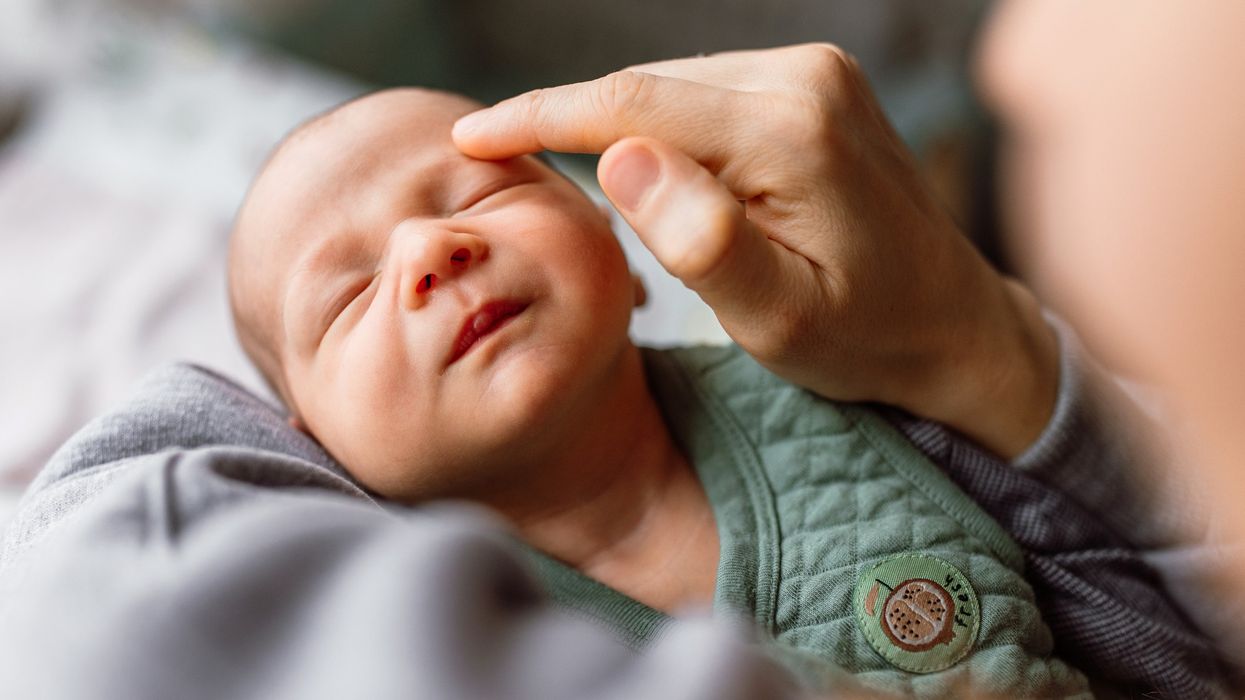Highlights
- Eight babies were born in the UK using DNA from three individuals to prevent mitochondrial disease
- The technique combines egg and sperm from parents with mitochondria from a donor egg
- Legal in the UK since 2015; results show children are meeting expected milestones
- One in 5,000 babies are born with mitochondrial disease; no known cure exists
- Newcastle scientists pioneered the technique, now used under NHS specialist service
UK births mark milestone in preventing inherited mitochondrial disease
Eight babies have been born in the UK using genetic material from three people in a pioneering effort to prevent incurable mitochondrial disease, doctors have confirmed. The technique, developed by researchers in Newcastle, represents a significant breakthrough in reproductive medicine and genetic science.
These births are the first proven cases in the UK of healthy children being born free of devastating mitochondrial disorders thanks to this technique, which has been legal in the country since 2015.
Mitochondrial disease, affecting about one in every 5,000 births, can cause heart failure, seizures, blindness, and early death. The newly available technique offers families affected by the condition the chance to break the cycle and give birth to children without the disease.
How the process works
The procedure involves combining the egg and sperm from the biological parents with healthy mitochondria from a donor egg. Both the mother's and the donor's eggs are fertilised with the father's sperm in a laboratory. The resulting embryos are carefully processed: the nuclear DNA from the parents is transferred into the donor's embryo, which contains healthy mitochondria but had its own nuclear DNA removed.
The resulting embryo is mostly composed of the parents' genetic material but includes a small fraction—about 0.1%—of DNA from the donor. This change is heritable and would be passed on by any female offspring.
Results and reactions
A report published in the New England Journal of Medicine confirmed that 22 families have undergone the procedure through the Newcastle Fertility Centre. Eight babies have been born so far—four boys and four girls, including a pair of twins—with one pregnancy still ongoing.
None of the children have shown signs of mitochondrial disease and all are developing normally, meeting their expected milestones. One child experienced a self-resolving case of epilepsy, while another is being treated for a non-related heart rhythm condition. Doctors have not linked these instances to the mitochondrial technique.
Parents involved in the programme have chosen to remain anonymous but shared written statements expressing gratitude. "After years of uncertainty, this treatment gave us hope—and then it gave us our baby," one mother said. Another noted: "The emotional burden of mitochondrial disease has been lifted, and in its place is hope, joy, and deep gratitude."
Monitoring and concerns
Intensive follow-up is being carried out to monitor the long-term health of these children. In five cases, no diseased mitochondria were detected in blood or urine samples. In three other cases, between 5% and 20% of faulty mitochondria were identified—well below the 80% threshold typically associated with disease.
While these results are encouraging, researchers emphasise the need for further investigation into how to minimise the transfer of defective mitochondria during the process. "The findings give grounds for optimism," said Professor Mary Herbert of Newcastle and Monash University, "but further research is essential to improve treatment outcomes."
Ethical and legislative landscape
The UK was the first country in the world to legalise mitochondrial donation after Parliament approved the procedure in 2015. This marked a controversial but decisive step in reproductive ethics, as the addition of donor mitochondrial DNA results in heritable genetic change.
Concerns at the time centred around the possibility of creating genetically modified "designer babies". However, scientists and medical professionals involved in the procedure have been keen to stress its limited and therapeutic purpose.
"This is the only place in the world this could have happened," said Professor Sir Doug Turnbull of Newcastle University. "There’s been world-class science, legislation, NHS support, and now we have eight children free of mitochondrial disease. What a wonderful result."
Hope for the future
Families affected by mitochondrial disease have hailed the development as a major breakthrough. Kat Kitto, whose daughter Poppy, 14, lives with the condition, described its impact: "We have a lovely time as she is, but there are moments where you realise how devastating mitochondrial disease is."
Her older daughter Lily, 16, may benefit from the technique in the future: "It's the future generations like myself, or my children, who can have that outlook of a normal life."
The NHS Highly Specialised Service for Rare Mitochondrial Disorders, which oversees the procedures, expects demand for 20 to 30 such births annually. The Lily Foundation, a charity supporting families affected by mitochondrial disease, called the births a long-awaited step forward. "For many affected families, it's the first real hope of breaking the cycle of this inherited condition," said founder Liz Curtis.
While challenges remain, the birth of these eight children free from mitochondrial disease stands as a landmark achievement in modern medicine—and a beacon of hope for future generations.





